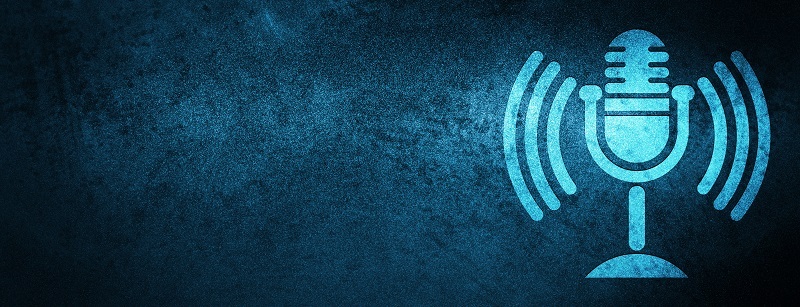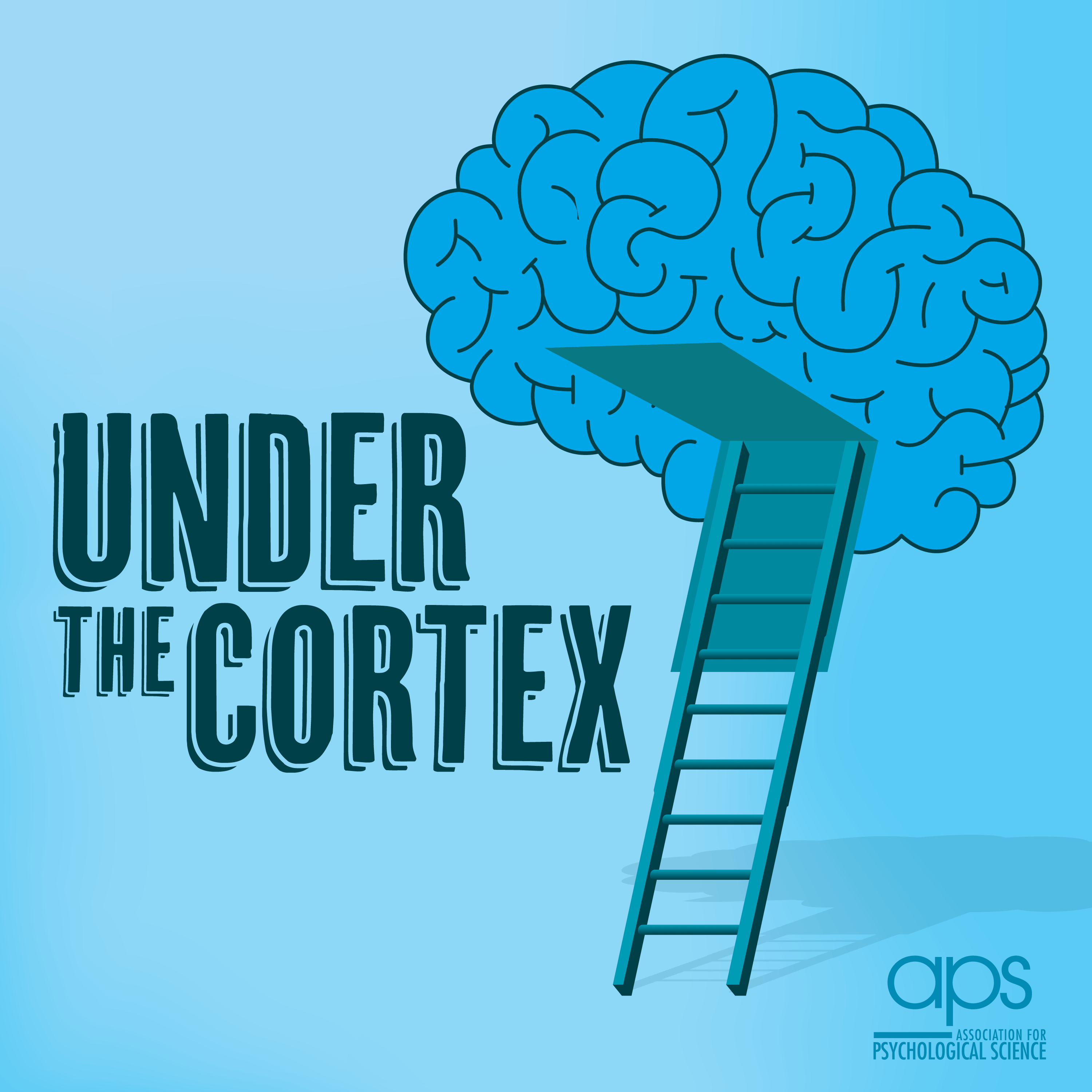
235.6K
Downloads
152
Episodes
The podcast of the Association for Psychological Science. What does science tell us about the way we think, behave, and learn about the world around us? Under the Cortex is proudly sponsored by Macmillan Learning Psychology, where captivating content meets genuine engagement. Our authors, who are seasoned educators, understand today’s teaching challenges. We aim to craft and present both information and interactive tools that truly connect with students. Whether in-person or online, we support instructors and inspire students. Macmillan Learning Psychology: Engaging Every Student, Supporting Every Instructor, Setting New Standards for Teaching and Learning.
The podcast of the Association for Psychological Science. What does science tell us about the way we think, behave, and learn about the world around us? Under the Cortex is proudly sponsored by Macmillan Learning Psychology, where captivating content meets genuine engagement. Our authors, who are seasoned educators, understand today’s teaching challenges. We aim to craft and present both information and interactive tools that truly connect with students. Whether in-person or online, we support instructors and inspire students. Macmillan Learning Psychology: Engaging Every Student, Supporting Every Instructor, Setting New Standards for Teaching and Learning.
Episodes

Thursday Sep 01, 2022
Thursday Sep 01, 2022
Adverse early experiences, quite literally, can kill. In her latest presidential column for the APS Observer, APS President Alison Gopnik, who studies learning and development at the University of California, Berkeley, writes about the growing moral and scientific case for early childhood policies that can mitigate or prevent the effects of experiences such as poverty, physical or emotional neglect and abuse, and mental illness, addiction, and violence in the home. She reads her column in this episode.
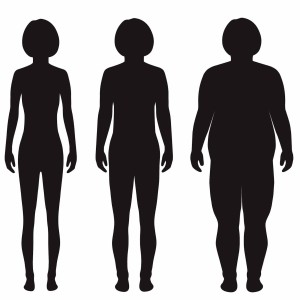
Thursday Aug 25, 2022
Underweight and Overexposed: How Women’s Perceptions of Thinness Are Distorted
Thursday Aug 25, 2022
Thursday Aug 25, 2022
How people judge others’ bodies might be influenced by what they are used to seeing in magazines, TV, or social media. Recent research suggests that women’s judgments about other women’s bodies can be biased by an overrepresentation of thinness.
In a recent study published in Psychological Science, young women were more likely to judge bodies they had previously considered “normal” as overweight when they were repeatedly exposed to samples of computer-generated female bodies that became increasingly thin as a group. in which the percentage of thin bodies increased gradually. The lead author, Sean Devine, a graduate student in cognitive psychology at McGill University, explains these findings and elaborates on their implications for policy.
To read the transcript, see here.
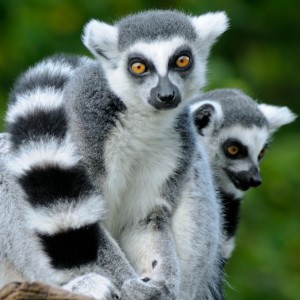
Thursday Aug 18, 2022
The August Collection: Attitude Changes, Cognition in Lemurs, and Much More
Thursday Aug 18, 2022
Thursday Aug 18, 2022
How have our biases and attitudes changed in the last decade? Are there sex or gender differences in verbal skills? And do the impressions of personality we form from someone’s face depend on our culture? New research in APS journals explored these questions and much more, including ADHD, and cognitive control in lemurs. In this episode of Under the Cortex, cognitive psychologists Ludmila Nunes and Andy DeSoto discuss five of APS’s most interesting new articles.
APS members get advance notice of all new research through our This Week in Psychological Science newsletter and may access the complete archive of APS journal articles.
Learn more at psychologicalscience.org.
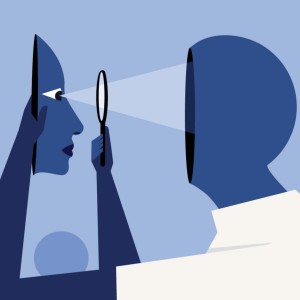
Monday Aug 08, 2022
A Paradox in the Field: Mental-Health Disorders Among Psychologists
Monday Aug 08, 2022
Monday Aug 08, 2022
It’s been estimated that at least one third of the population will experience mental disorders and difficulties in their lifetimes, from anxiety to depression. Those affected can be helped by people working in applied fields of psychological science, such as clinical psychology, counseling, or school psychology. But what do we know about the prevalence of mental-health difficulties among psychological scientists themselves—that is, among the same professionals who seek to understand and alleviate suffering in others due to mental disorders?
To speak about mental health among psychologists and paths for future research, APS member Sarah Victor, a clinical psychologist and professor at the Texas Tech University, joined APS’s Ludmila Nunes.
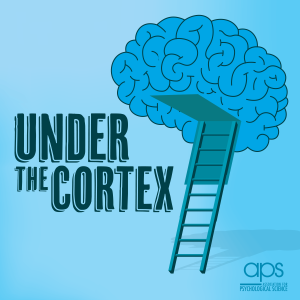
Wednesday Jul 20, 2022
The July Collection: Five Research Briefs
Wednesday Jul 20, 2022
Wednesday Jul 20, 2022
What gives away a deceitful 911 caller who might have committed a crime? From a cross-cultural spin on the classic “marshmallow experiment” to deceitful 911 homicide calls to what true smiles do, new research in APS journals explores a broad range of topics, including visual memory and success. In this episode of Under the Cortex, APS’s Ludmila Nunes and Andy DeSoto—both of whom are psychological scientists themselves—discuss five of our most interesting new research papers.
APS members get advance notice of all new research through our This Week in Psychological Science newsletter and may access the complete archive of APS journal articles.
Learn more at psychologicalscience.org.

Thursday Jun 30, 2022
The New Riddle of the Sphinx: Life History and Psychological Science
Thursday Jun 30, 2022
Thursday Jun 30, 2022
Life history—the transformations that occur throughout the lifespan—shapes the human mind. This idea cuts across all the subdisciplines of psychology and underlies the answers to the two main questions that drive psychological scientists: What is universal about human minds and what is special and particular about specific minds? In her inaugural presidential column for the APS Observer, APS President Alison Gopnik, who studies learning and development at the University of California, Berkeley, writes about life history and psychological science. In this episode, she reads her column, which you can find here.

Thursday Jun 23, 2022
I Don’t Care If It’s Fake News, I Believe It
Thursday Jun 23, 2022
Thursday Jun 23, 2022
While the past several decades can rightly be called the “information age,” the rise of social media platforms makes is seem like the past few years could be considered the misinformation age. The viral nature of alternative facts, rumors, and planned disinformation campaigns has taken its toll on global politics, the economy, and healthcare. If only we could be told when we were reading “misinformation” that might just solve our problems! Or perhaps not. Does knowing that a news story is false really inoculate us against its misinformation?
Taking a new look at misinformation is "Max” Bai, a post-doctoral scholar in the Polarization and Social Change Lab as part of the Stanford Impact Labs. who presented new research at the 2022 APS Annual Convention earlier this year.

Thursday Jun 16, 2022
2022 Spence Award Mini Episode: Brian Anderson and Habit-Reinforcing Behavior
Thursday Jun 16, 2022
Thursday Jun 16, 2022
The winners of the 2022 APS Janet Taylor Spence Award for Transformative Early Career Contributions represent some of the brightest and most innovative young psychological scientists in the world. In a series of mini-episodes, Under the Cortex talks with each winner about their research and goals.
Today we hear from Brian Anderson (Texas A&M University) about his research on what captures human attention and how that influences behavior.
Learn more about our sponsor by visiting https://macmillanlearning.com/psychsessions.

Wednesday Jun 08, 2022
2022 Spence Award Mini Episode: Patricia Lockwood and the Foundations of Social Learning
Wednesday Jun 08, 2022
Wednesday Jun 08, 2022
The winners of the 2022 APS Janet Taylor Spence Award for Transformative Early Career Contributions represent some of the brightest and most innovative young psychological scientists in the world. In a series of mini-episodes, Under the Cortex talks with each winner about their research and goals.
Today we hear from Patricia Lockwood (University of Birmingham), who is researching the foundations of social learning and decision-making throughout life.
Learn more about our sponsor by visiting https://macmillanlearning.com/psychsessions.
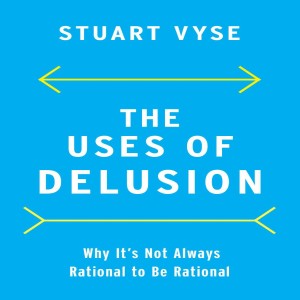
Tuesday May 03, 2022
Delusion and the Uses of Not Being Rational
Tuesday May 03, 2022
Tuesday May 03, 2022
Being rational is an often-admired quality. After all, a rational mind allows us to calmly and carefully evaluate situations based on the facts rather than letting emotions cloud our thinking. There are times, however, when irrational thought has its advantages. Shedding some light on the human propensity for delusion thinking is psychologist, writer, and APS Fellow and Charter Member Stuart Vyse, who has published a new book “The Uses of Delusion: Why It’s Not Always Rational to Be Rational.”
Learn more about our sponsor by visiting https://macmillanlearning.com/psychsessions.
